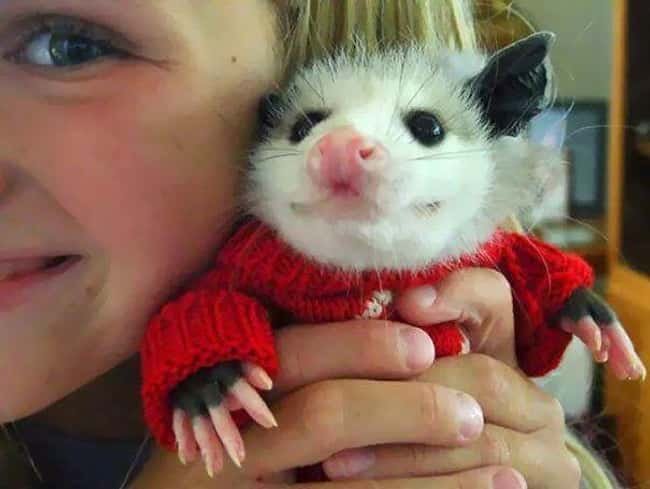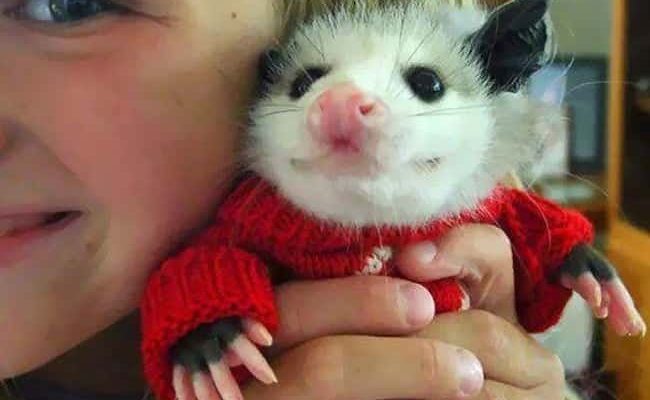
Many people have misconceptions that stem from fear or folklore. The truth is, possums are unique animals with a lot to offer our ecosystems. From their unusual appearance to their behaviors, there’s more to them than meets the eye. So, let’s roll up our sleeves and dive into the world of possums, busting some myths along the way.
Myth 1: Possums are Dangerous
One of the biggest myths about possums is that they are dangerous animals. In reality, possums are generally harmless. They tend to be shy and would rather flee from a confrontation than engage. Think of them as the original introverts of the animal kingdom. When threatened, they often play dead—a tactic that confuses predators but can scare humans who might stumble upon them.
Possums also have natural defenses. They’re immune to rabies, which makes them far less risky than other wild animals. This immunity is because their body temperature tends to run cooler, making it hard for the rabies virus to thrive. While they might look a little scary with their sharp teeth and beady eyes, possums are more about avoiding conflict than causing harm.
Myth 2: Possums are Rodents
Another common misunderstanding is that possums are rodents. In truth, they belong to a totally different family. Possums are marsupials, which means they carry their babies in pouches, much like kangaroos. This distinction is significant, as marsupials have unique biological traits that set them apart from rodents.
Rodents have continuously growing incisors that they need to gnaw on things to keep them trimmed. Possums, on the other hand, have a different dental structure and do not fit that mold at all. So next time you hear someone refer to a possum as a rodent, you can correct them with confidence—and maybe share some fun facts about their marsupial family.
Myth 3: Possums Steal Chickens
A classic worry among backyard chicken keepers is that possums will swoop in and steal their birds. While it’s true that possums are omnivores and will eat a variety of foods, they aren’t typically chicken thieves. Instead, they’re more interested in insects, fruits, and small mammals.
When you think about it, a possum’s hunting style is more about scavenging than raiding. They don’t have the physical capability to take down a healthy adult chicken. However, if a hen is sick or injured, then a possum might take advantage of that situation. It’s essential to secure your chicken coop properly—it’s less about possums and more about keeping all potential predators at bay.
Myth 4: Possums Carry Diseases
Many people assume that all wild animals are disease-ridden, but this isn’t entirely accurate when it comes to possums. As mentioned earlier, possums have a low risk when it comes to rabies. They also help control pests, like ticks, which can carry Lyme disease. By feasting on these pests, possums act as natural caretakers of our environment.
That said, like any wild animal, they can carry some parasites, but those are typically not harmful to humans. The risk of contracting diseases from possums is low compared to many other animals, meaning that they contribute much more to the ecosystem than they take away.
Myth 5: Possums Are Pests
Many homeowners might see a possum in their garden and view it as a pesky intruder. However, it’s vital to understand the role they play in our ecosystems. Possums are nature’s cleanup crew, feasting on dead animals and waste, thus helping to keep the environment clean.
Instead of thinking of them as pests, consider that they can help control insect populations and keep your yard healthy. They thrive on insects, slugs, and even decaying organic material. By allowing them to roam (in a safe and respectful manner), you’re contributing to a balanced ecosystem.
Myth 6: Possums Are Aggressive
Possums are often wrongly labeled as aggressive animals. The truth is, they prefer to avoid conflict. If you spot one, chances are it’s going to take off as quickly as possible. Their defensive behavior—playing dead—serves as a survival tactic rather than an aggressive act.
When they’re cornered, they might hiss or show their teeth as a warning, similar to a cat arching its back. But this is all just bluster; they’re not out to attack. Understanding this can help shift our perspective on these creatures, turning fear into appreciation.
Possums might be quirky, but understanding them helps dispel the myths that surround them. Recognizing their role in the ecosystem can lead to greater appreciation for these unique creatures. They may not be the cuddliest animals out there, but they are certainly fascinating in their resilience and behavior.
Next time you see a possum, remember that they’re not out to cause trouble. Instead, they’re just living their lives, helping control pests and contributing to a healthier environment. With a bit of knowledge, you can look at them with new respect. So, let’s spread the word and give possums the credit they deserve!

